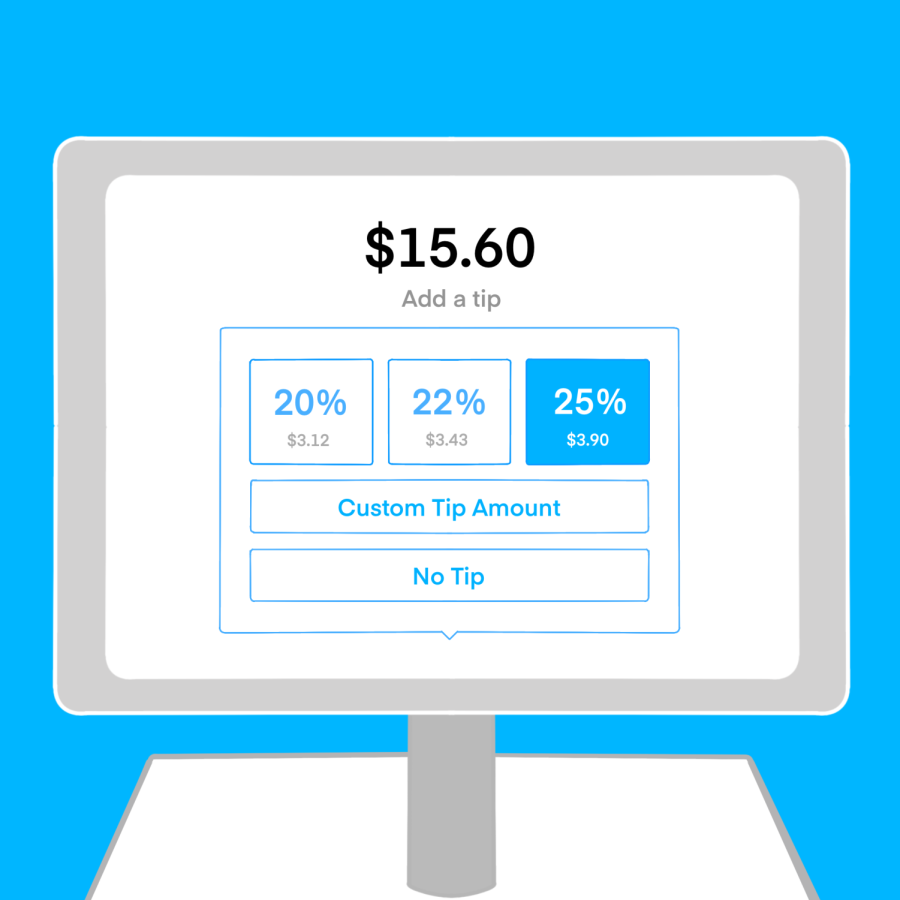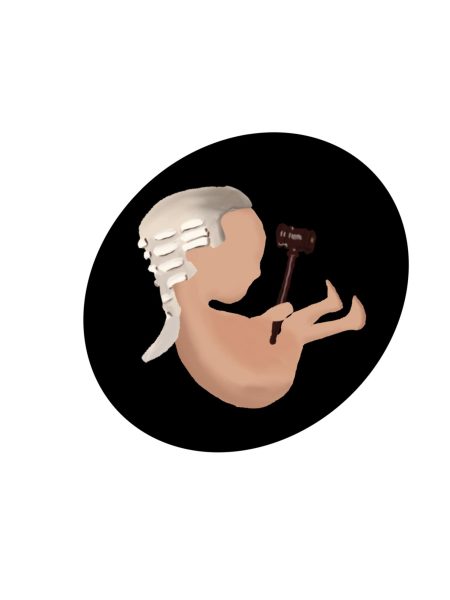Do I leave a tip?
October 25, 2022
Usually, in establishments such as restaurants, coffee shops and bakeries, tipping seems like a nice gesture when excellent service is provided. But with many businesses expecting gratuity for the bare minimum of their service, it seems entitled.
The question of tipping has evolved from “How much?” to “Do I leave a tip?” Especially in non-restaurant food establishments like coffee shops. When paying for the order, most places turn the digital register around and ask to leave a tip and confirm the total. While it seems like an innocent question, the customer is often challenged with a wave of uncertainty — whether or not to leave a tip, even if no service other than taking the order was provided. Tipping is reasonable if the service is great and if the employee went above and beyond to ensure that the customer enjoyed their experience in the establishment, but most experiences are not like that. They usually consist of a friendly and civil exchange and nothing more because the context does not require it to exceed that.
While it is understood that employees at these establishments might be underpaid and overworked, it has to also be understood that it is not the customer’s responsibility to make sure that employees are adequately compensated for their job. This is an issue that should be fixed by management. On the other hand, there are restaurants and bars where service team employees get paid less than minimum wage and are expected to make or surpass their salary in gratuity. That is when leaving a tip feels obligatory since that is their source of income.
By expecting customers to give a 20% tip for every service they receive, the tipping culture in the U.S. has gotten out of control, especially compared to other countries around the world. In Europe, as well as part of Asia, tipping is seen as disrespectful and rude, and if a tip is left, the server will most likely return it to the customer. But Europe and Asia are not the only ones to see gratuity as rude, the United States did as well. Tipping was frowned upon and seen as an insult before the 20th century.
Tipping has evolved from being a friendly and generous monetary pat on the back to an obligatory form of paying for someone’s salary. While it is a nice and socially acceptable action in most establishments, it is excessive and entitled to ask or include mandatory gratuity when no outstanding service was truly provided.














Stephen Cheney • Oct 25, 2022 at 10:43 pm
I was just talking about this with a friend because we were at a place that asked for a tip at the beginning of the experience (which is nonsense), and one of their pre-filled in options was FIFTY percent!